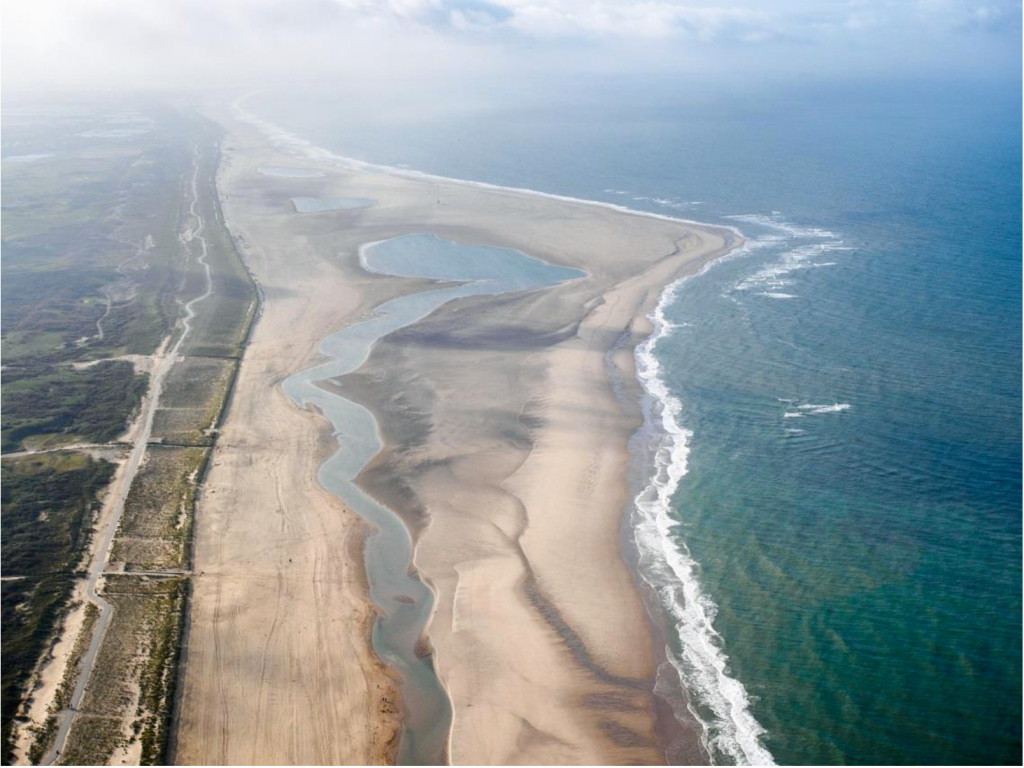Date
19/06/2017 23/06/2017
Presentations and course materials
Announcement
From multidisciplinary data to integrated information for coastal areas
The H2020 project JERICO-next will organize a summer school on the use of integrated physical and biological monitoring with novel sensor methods for water management issues such as the Marine Strategy Framework Directive.
The JERICO-next project develops the European network of coastal observatories, including novel sensor methods such as HF radar (for current patterns) and imaging flow cytometry (for phytoplankton functional types and species determination). During this summer school, students will get an introduction and overview on the current state of the art of European coastal observatories and on-going new developments in this field. The new developments include sensor development for a range of ocean variables, the data management and dissemination of large amounts of sensor data, the integration between different types of data and variables and the final use to answer policy questions in coastal waters.

Students will do hands-on exercises on the use of multidisciplinary data in an integrated way, including morphology, hydrodynamics, ecology, chemistry, meteorology, governance. The Sand Motor (see photo) will be used as central showcase and visited for field work during the week.
The summer school will be held from 19-23 June 2017 (Monday – Friday) in a coastal resort near The Hague in the Netherlands. The Sand Motor coastal observatory is close by and will be used for field work in integrated physical and biological monitoring.
The course is geared for early career scientists plus scientifically oriented early career marine spatial planners (MSP). There will be a maximum of 30 participants. The summer school programme has no course fees. However, students are expected to arrange for their own funding for accommodation (150 Euro per student for the week), travel and meals.
If you are interested in attending this summer school, please send an application letter with your motivation for joining the course along with your CV and letter of recommendation to jericonext-summerschool-2017@deltares.nl before March 15th 2017 (APPLICATION PROCESS NOW CLOSED). Notifications for admission will be sent before April 1st 2017. Please mind timely visa procedures.
Programme
|
Time |
Subject |
|
Monday – morning |
|
|
Monday – afternoon |
|
|
Tuesday – morning |
Monitoring, introduction
|
|
Tuesday – afternoon |
Field measurements: monitoring at beach Sand Motor: jetski, quad and RTK-carrier practical |
|
Wednesday – morning |
Data interpretation
|
|
Wednesday – afternoon |
Integration of multidisciplinary data:
|
|
Thursday – morning |
Introduction to data management:
|
|
Thursday – afternoon |
Integration of multidisciplinary data
|
|
Friday – morning |
Presentations of integrated analyses by students |
|
Friday – afternoon |
Look into the future Wrap- up & evaluation |
 Summer School Announc Progr Rev6 (331.4 KiB)
Summer School Announc Progr Rev6 (331.4 KiB)
Location
The Hague, Netherlands
